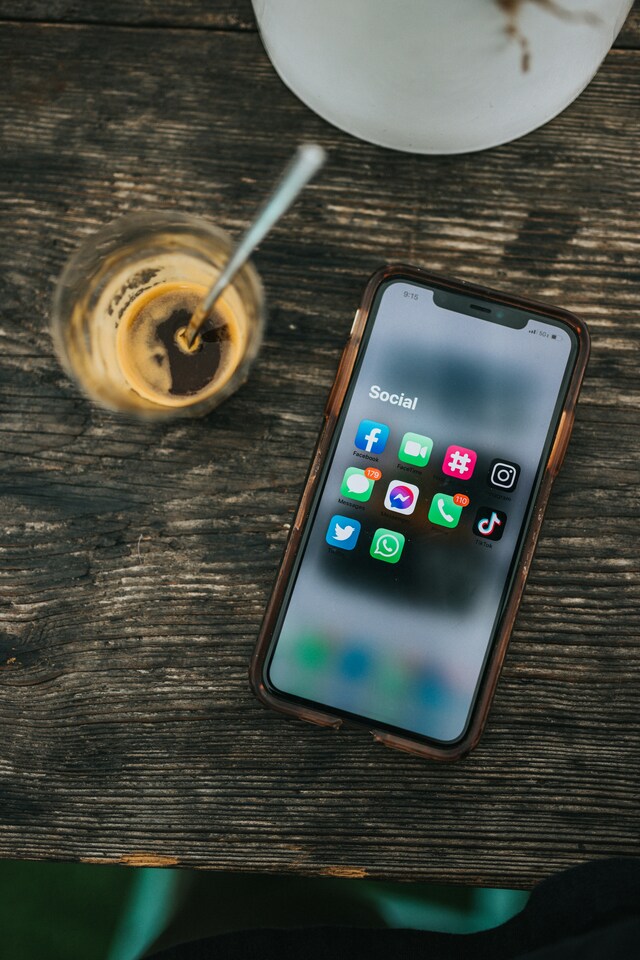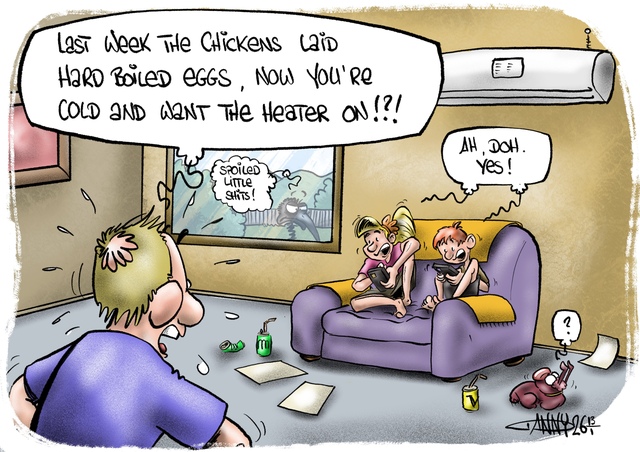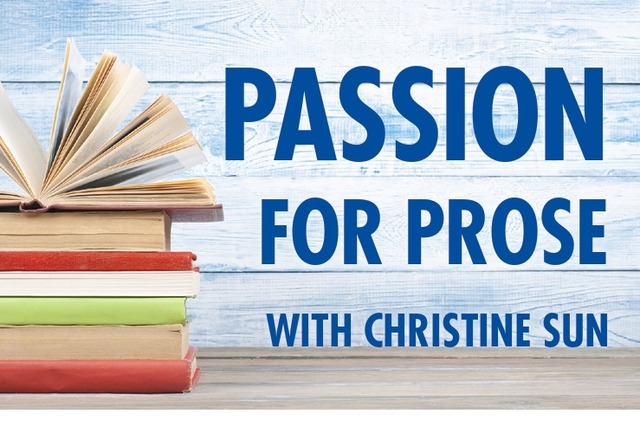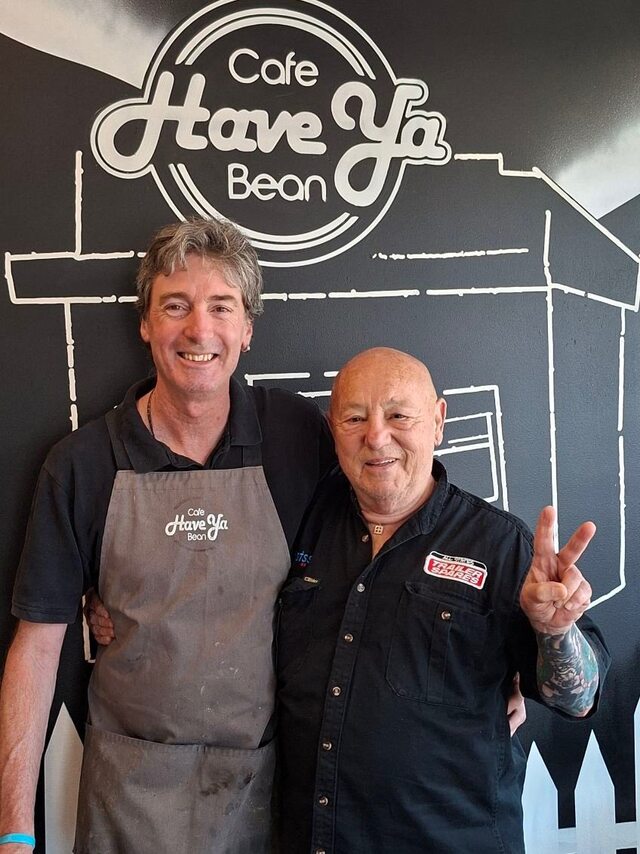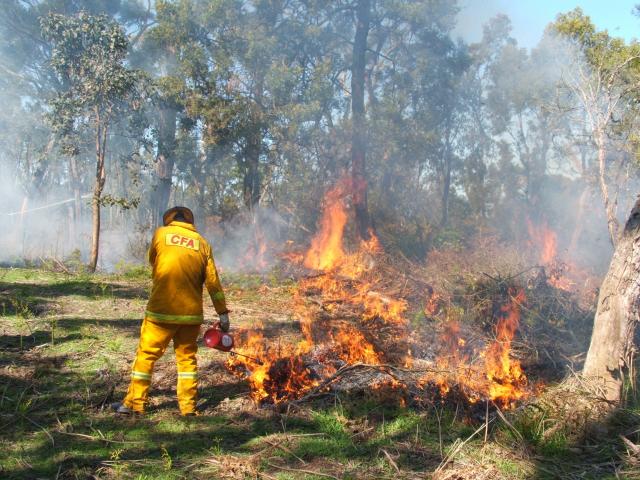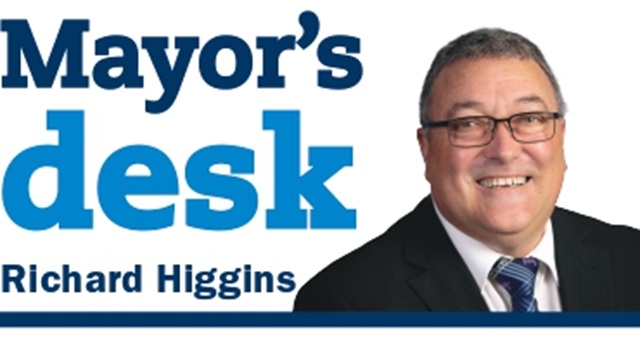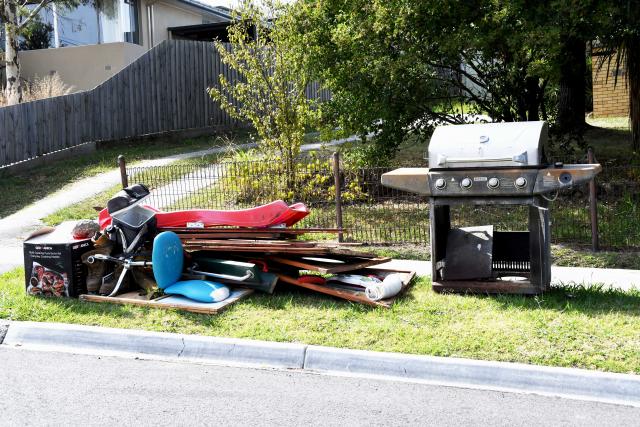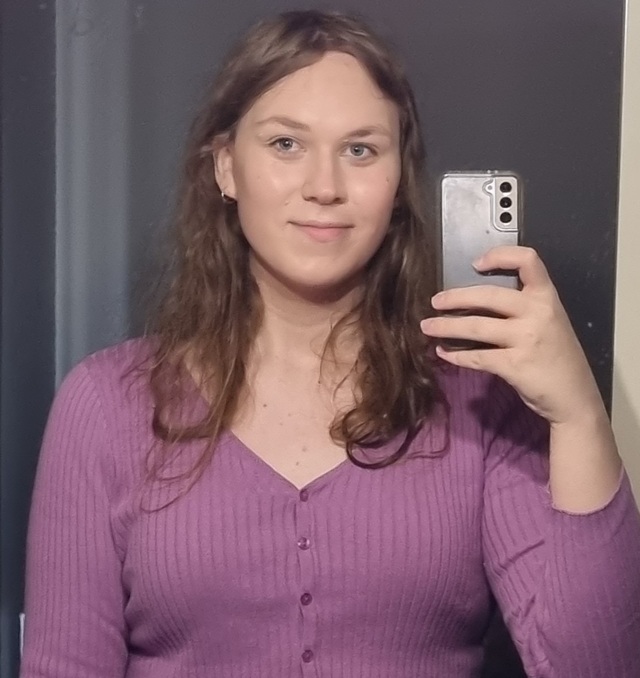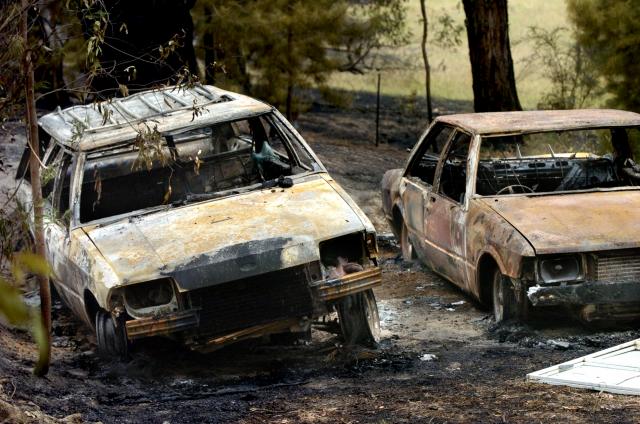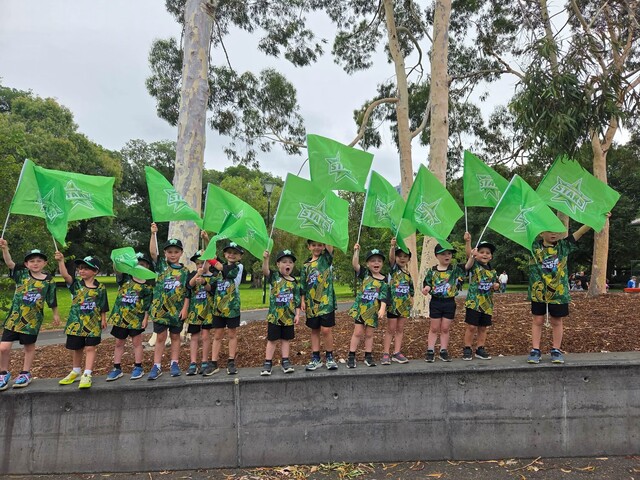Behind the perfectly filtered facade,
Our souls are silently screaming,
Chasing likes and validation,
Into a virtual abyss, teeming.
Patricia A Fleming, The Curse of Social Media
Clearly the world which many of us grew up in has changed.
In today’s digital era smartphones, tablets, and laptops have become an integral part of our lives just as notebooks, pens, telephones and cameras used to be.
When the World Wide Web was developed in the early 90s, it held out so much promise.
It was seen as a public good—a space for education, collaboration, the free exchange of ideas and a great way to keep in touch.
Social media allowed more immediate connection with far flung family and friends.
Many of us now have community groups, acquaintances and family we regularly reach out to via the internet.
The connection aspect of the internet remains as important as ever – as we all saw during the Covid lockdowns.
But the sepia coloured childhood memories, of families sitting down together after dinner to watch a favourite program on the one and only television set in the home are long gone.
So too are the times when parents would still tell their 14 year old to get off the phone and help with the washing up.
That 14 year old is probably in her room with her own device checking out the latest posts on her personal account and agonizing over how many ’friends’ and ‘likes’ she has.
I wonder just how many likes I will get,
And maybe a comment or two.
But what if they simply ignore me today?
I just don’t know what I will do.
Comparing my page to all of my friends,
Can cause me such worry and pain.
They have far more likes and a long list of friends,
It makes me feel insecure and ashamed.
Patricia A Fleming
And do parents know exactly what their young are watching on the many platforms they can now access?
Today there’s business and uncertainties in the lives of families which often leaves young people to their own devices (Pardon the pun).
The recent concerns about the potentially harmful effects of Social Media have initiated a public debate and an awareness that long exposure to social media can lead to many problems.
Some even argue that childhood has been stolen.
They compare this generation of youth to the so called Doomed Generation wiped out by the new technology of weapons in WW1 as described by poet Wilfrid Owens.
Not all agree.
Writing recently about the government’s proposed social media bans, climate activist Anjali Sharma argues that Social Media has made it easier for young people to access the news, be informed and elevate awareness, and as in her case lead to active involvement.
One could point out that relying just on Social Media headlines could be denying a deeper understanding of complex issues.
But risks do exist for the vulnerable: particularly the youth. Social Media fosters a comparison culture when idealized, curated versions of others can leave young people with feelings of inadequacy and low esteem leading to anxiety, depression and worse.
Poet Emily Roberts in The Synthetic Smile offers a critical view of Social Media and its impact on our self-esteem and mental well-being.
The poem captures the façade we often present on social platforms and how it leads to pressure to conform:
I wear a mask of smiles and delight,
Crafting an image that feels just right.
But behind the screen, I yearn for connection,
Aching for validation, a moment of affection.
And while electronic devices have revolutionized communication, they have also brought about a sense of disconnection, so that we e often forget to appreciate the real world around us.
It is so easy to miss out on sensory experiences when focused solely on electronic devices.
Emily Reynolds in,”Pixels and Petrichor
There are also undoubtedly present dangers of predatory sexual activities with the gullible, lonely and insecure at risk
While many measures are being proposed and implemented, protecting children on social media remains a complex issue requiring collaboration between governments, tech companies, and civil society to create a safer online environment for young users.
In all this the role of parents is crucial.
Too many parents are not good as role models to their children and may shun the responsibility of monitoring their children’s online activity.
Many are themselves addicted to obsessive scrolling, texting and clicking, thus normalizing this behaviour for their children.
It is not uncommon to see parents using tablets as pacifiers and as a lullaby for getting a child to sleep.
In the meantime the changes being proposed is an opportunity for parents to discuss with their children how they’re using Instagram and other social media platforms.
No matter what safety measures are in place, it’s vital for parents to build and maintain a sense of openness and trust so young people can turn to them with questions, and share difficulties and challenges they encounter online.
So take care of the young that you have in your life,
Don’t let social media win.
Nurture and protect their fragile esteem,
Be a true and accepting, real friend.
Patricia A Fleming
Technology has evolved but social and ethical considerations have it seems not yet caught up.
They say it takes a village to raise a child, but also to protect that child.
Those addicted to social media may take warning from Oliver Teale’s poem about stepping away from social media.
Oliver Tearle, ‘The Mediums’.
It took a week for us to stop hearing the voices.
Although they had been our constant companions
for years by then, a steady stream of chatter,
it reached the point where they became unbearable.
Each message had become a death to us. Just a little
to start with, soft like the twitter of birds,
not too intrusive perhaps, but then more insistent
by the day, slowly overwhelming, until
our own voices, thoughts, were lost to theirs …
Entries for the Woorilla Poetry Prize close on 30 September.

